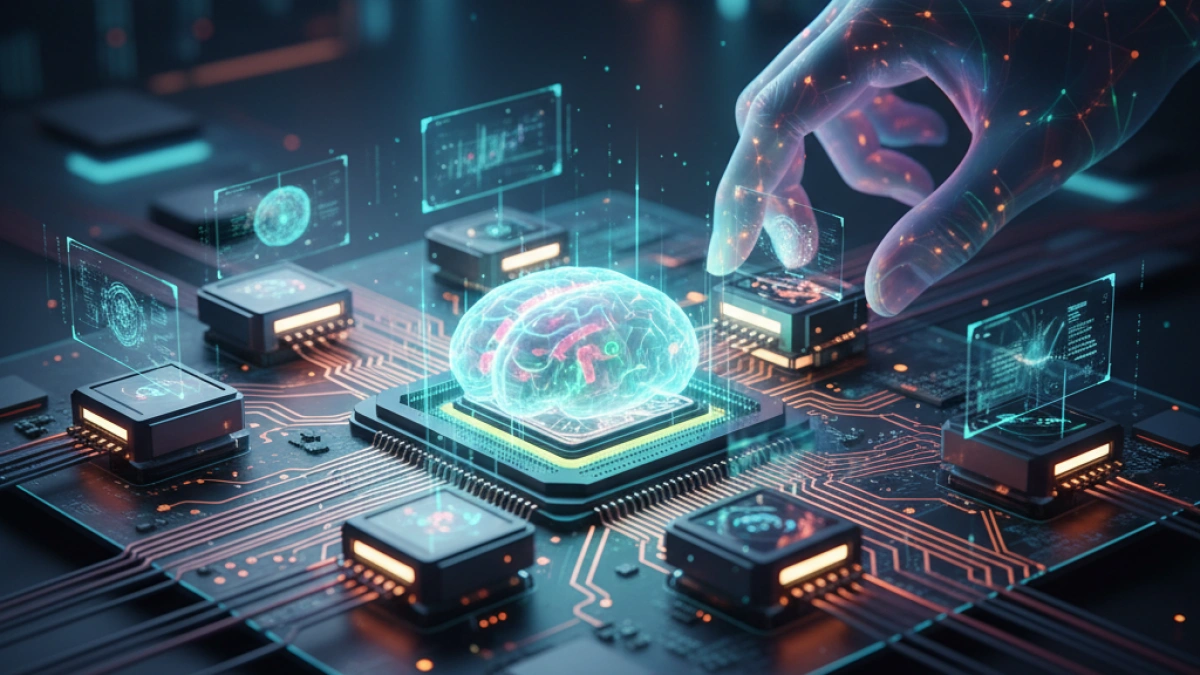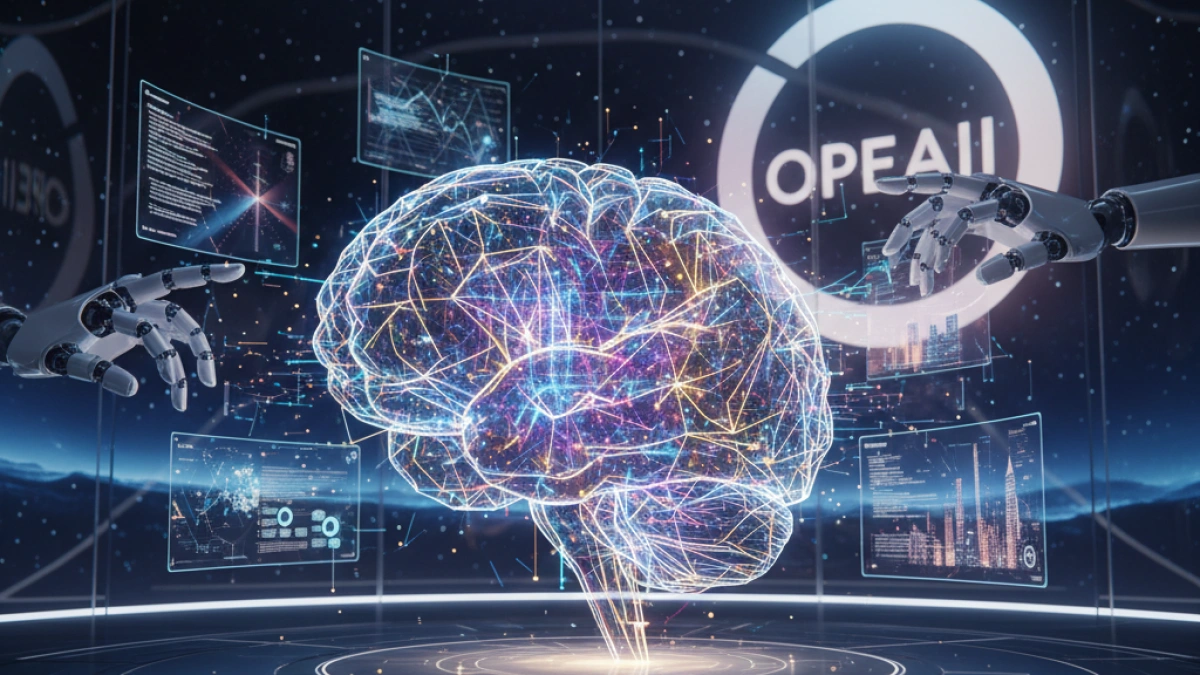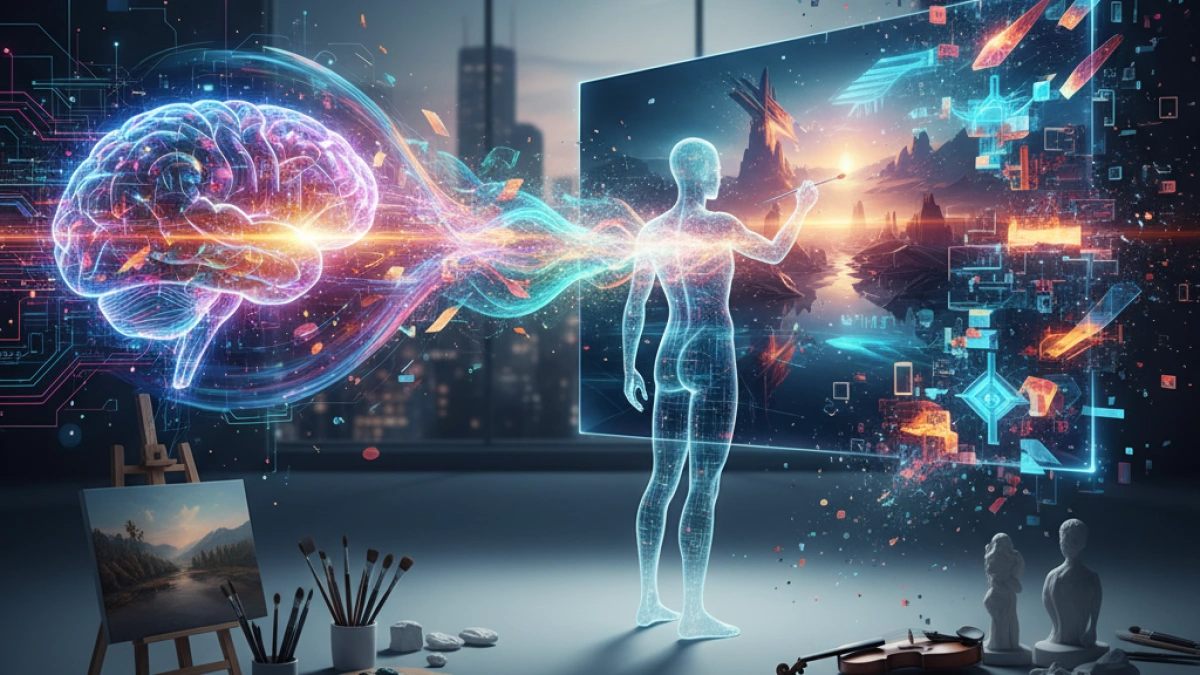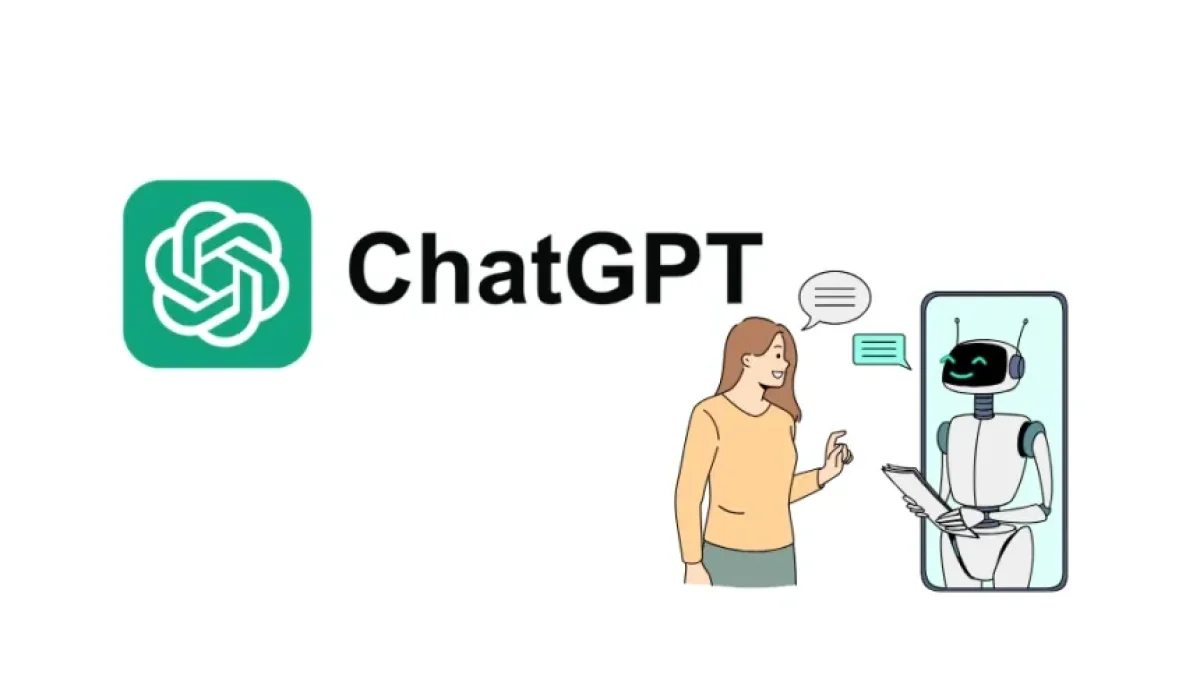MCP: The New Standard that Connects AI with the Real World


The rapid evolution of artificial intelligence has led to the creation of agents that can perform complex tasks, such as writing code and having conversations like humans. However, when it comes time to execute actions in the real world, these agents often encounter obstacles. The reason behind this limitation lies in the need for unique and labor-intensive integrations in many of the current tools. With the development of the Model Context Protocol (MCP), this situation is changing dramatically, providing a simpler and standardized way for AI agents to connect with tools and services.
What is MCP Really?
The Model Context Protocol (MCP) is an open standard created by Anthropic, the company behind Claude, an advanced AI assistant. Although the term may sound technical, the fundamental idea is very simple: to provide AI agents with a consistent way to connect to tools, services, and data, regardless of where they are located or how they are constructed. According to Forbes, MCP represents a significant advancement in the operation of AI agents. Instead of limiting them to answering questions, they can now perform useful multi-step tasks, such as retrieving data, summarizing documents, or saving content to files.
Before the arrival of MCP, each of these actions required a unique API, custom logic, and developer time to integrate everything. With MCP, this changes dramatically.
The Simplicity of the Plugin
MCP allows for plug-and-play tool integration. AI agents can send structured requests to any tool compatible with MCP, receive real-time results, and chain multiple tools together, all without needing to understand the technical specifications in advance. In summary, MCP replaces unique and labor-intensive solutions with a unified real-time protocol designed for autonomous agents.
Read also
MCP Architecture
Behind the Scenes
The structure of MCP consists of several key elements:
- MCP Host: This is the AI-powered application, such as Claude Desktop, an integrated development environment (IDE), or any other tool functioning as an agent.
- MCP Servers: Each MCP server exposes a different resource or tool and can access local resources (like a file system or database on the user's computer) or remote ones (like APIs or cloud services).
- Standardized Communication: Communication between the host and the servers occurs through the MCP Protocol, ensuring compatibility and structured responses.
MCP Servers
An MCP server acts as an intelligent adapter for a tool or application. It translates AI requests (like "Get today's sales report") into commands that the tool can understand. For example:
- An MCP server for GitHub might convert "list my open pull requests" into a call to the GitHub API.
- An MCP file server could take "save this summary as a text file" and write it to the user's desktop.
- An MCP YouTube server could transcribe video links on demand.
Moreover, MCP servers enable AI to discover which actions can be executed, interpret and execute commands, format results in a way that is understandable to the AI, and handle errors by providing meaningful feedback.
Read also
MCP Clients
On the other hand, an MCP client resides within the AI assistant or application (like Claude or Cursor). When the AI wants to use a tool, it uses this client to communicate with the corresponding server. Examples include:
- Cursor can use a client to interact with the user's local development environment.
- Claude could use it to access files or read from a spreadsheet.
The client manages all information exchange, sending requests, receiving results, and passing them to the AI.
The MCP Protocol
The MCP protocol is what keeps everything synchronized. It defines communication between client and server, specifying how messages should look, how actions are described, and how results are returned. Its flexibility is noteworthy:
- It can operate locally (e.g., between the AI and the user's computer applications).
- It can function online (i.e., between the AI and a web tool).
- It uses structured formats like JSON to maintain cleanliness and consistency.
Thanks to this shared protocol, an AI agent can connect with a new tool, even if it has never used it before, and still understand how to utilize it.
Services: Real Applications and Data
The last piece of the puzzle involves services: the tools or data sources that the AI wants to use. These can be:
- Local: Files on the device, a folder, or an application running locally.
- Remote: Cloud databases, SaaS tools, or web APIs.
MCP servers serve as the gateway to these services, managing access securely and reliably.
The MCP Ecosystem is Expanding
MCP is rapidly evolving and becoming a movement. What started as a tool for developers is transforming into the foundation of how AI agents connect to the real world. More and more tools and companies are integrating into this ecosystem, even creating dedicated marketplaces.
Who is Using MCP
Some companies that have already integrated MCP include:
- Block: Uses MCP to connect internal tools and knowledge sources to their AI agents.
- Replit: Has implemented MCP so that agents can read and write code in files, terminals, and projects.
- Apollo: Uses MCP to allow AI to access structured data sources.
- Sourcegraph and Codeium: Incorporate MCP into development workflows to provide smarter code assistance.
- Microsoft Copilot Studio: Now also supports MCP, making it easier for non-developers to connect AI to data and tools without coding.
Growing Markets
Several MCP-related marketplaces are being developed that are worth following:
- mcpmarket.com: A plug-and-play directory of MCP servers for tools like GitHub, Figma, Notion, Databricks, among others.
- mcp.so: A growing open repository of MCP servers built by the community, allowing users to discover, fork, and create their own servers.
- Cline’s MCP Marketplace: A GitHub-based hub for open-source MCP connectors that anyone can use.
This could be considered a new "app store" for AI agents.
Infrastructure Tools Facilitating MCP
Behind the scenes, several companies are helping developers build, host, and manage MCP servers with significantly less effort. Some examples include:
- Mintlify, Stainless, Speakeasy: These tools enable server generation automatically with just a few clicks.
- Cloudflare, Smithery: Make hosting and scaling production-grade servers straightforward.
- Toolbase: Manages key administration and routing for local configurations.
The Model Context Protocol (MCP) is revolutionizing how AI agents integrate with the real world, and its adoption is on the rise. As new tools and services continue to emerge, the possibilities offered by MCP will keep expanding. For more information on this fascinating topic and other technology trends, readers are invited to explore more on the blog.



















